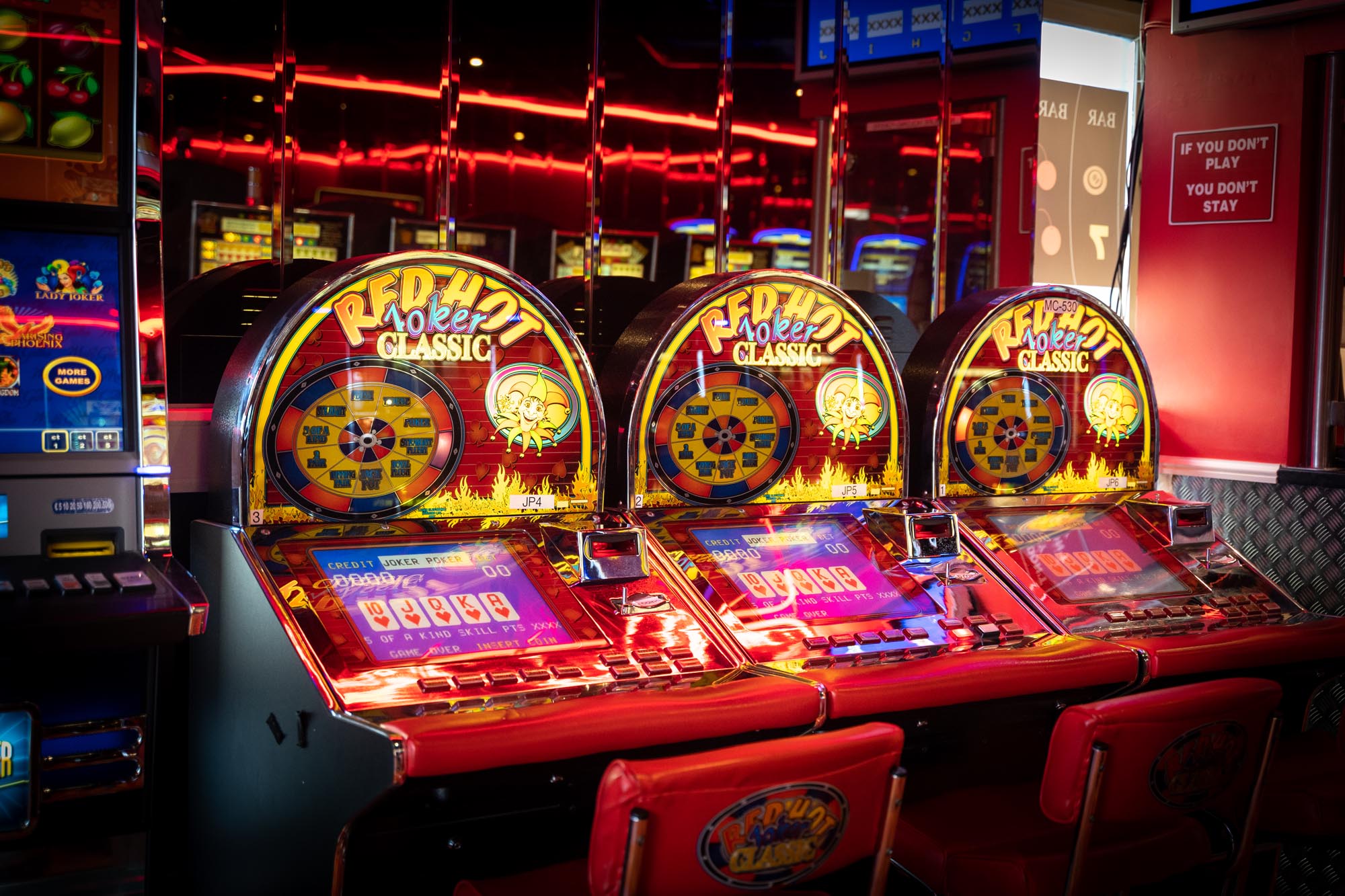A Enigma of Casino Game Superstitions

In the world of gambling, where chance and strategy converge, a unique tapestry of beliefs manifests—one that intertwines luck, fate, and the enigmatic nature of casino games. Casinos, bustling with excitement and anticipation, are not just places for placing bets; they are also arenas where superstitions thrive. From the novice player to the seasoned gambler, these mysterious practices often shape how individuals approach the games they play, believing that their actions can impact the outcome in ways that go beyond mere probability.
When players gather around roulette wheels, blackjack tables, and slot machines, the atmosphere is thick with stories of lucky charms, rituals, and codified behavior that defy logic yet provide a sense of comfort. It could be the case that it’s wearing a specific outfit, following a particular sequence of bets, or even avoiding certain numbers, the attachment to various superstitions reflects a deep-rooted desire to control the uncontrollable. This article delves into the captivating world of casino game superstitions, investigating the beliefs that both entertain and mystify those who dare to play.
Historical Origins of Superstitions
Betting activities have long been connected with an variety of superstitions that trace to primitive cultures. The origins of these ideas can be linked to humanity's intrinsic wish to influence the uncertain outcomes related with fortune and randomness. In early civilizations, activities of chance were often tied to religious practices. Gamblers would seek aid or ask for favor from gods, believing that their actions could affect the results in their favor. This groundwork laid the foundation for the myriad of superstitions that developed as betting evolved over time.
During the medieval period, gambling became a widespread activity across European nations, and with it, a colorful tapestry of superstitions emerged. Players adopted various rituals and charms, believing they could affect the results of games. The significance of digits, in particular, emerged to show in superstitions pertaining to card games and dice. The number 7 was often considered lucky, while different numbers carried unfortunate connotations. These notions mirrored the social contexts of the time, adapting as they transferred through generations and changed to different gaming environments.
As casinos emerged in the 17th century, particularly in the Italian peninsula and France, the atmosphere surrounding gambling became saturated in enigma. The growing openness of casino activities allowed for the expansion and diversification of superstitions among players. Concepts like fortunate charms, specific seating positions, and rituals gained importance, creating a distinct culture within betting houses. As these practices continued to thrive, they became integral to the character of gambling activities, illustrating how history and tradition shape the belief systems that influence how players engage with luck.
Widespread Casino Myths
Beliefs surrounding casino games are abundant and diverse, reflecting the hopes and fears of players as they engage in random activities. One of the most prevalent beliefs is that specific numbers bring fortune or bad luck. For example, the digit seven is often seen as a lucky digit, frequently embraced by players looking for a favorable outcome. Conversely, the number thirteen is routinely considered cursed, leading many players to steer clear of it during their gaming sessions.
A frequent superstition relates to practices that players believe can affect their chances. It could be blowing on dice before a roll, using a specific gesture to place a wager, or even wearing specific items of attire, many individuals feel that these actions can sway luck in their benefit. These rituals offer a feeling of power in an otherwise random environment, strengthening the idea that luck can be created through individual convictions and customs. https://789f.download/
Lastly, the ambiance and atmosphere of the casino itself adds to superstition. Many gamblers suggest that the presence of certain symbols, such as four-leaf clovers or fortunate tokens, can enhance their chances of success. Additionally, players might adhere to the notion that winning streaks can be interrupted by mundane events, such as someone passing by or a accident at the table. The shared atmosphere in a gambling house can amplify these superstitions, creating a communal culture of superstitions that transcends single experiences.
Impact of Superstitions on Players
Beliefs play a crucial role in the mindset of gamblers, often influencing their behavior and choices. A lot of gamblers believe that luck can be influenced through various rituals, such as wearing a lucky charm, selecting specific colors, or avoiding certain numbers. This reliance on superstitions can create a sense of control in an environment that is inherently unpredictable. Players often feel more confident and involved when they feel that their actions could sway the result of a game in their advantage.
The influence of these superstitions extends beyond singular players, affecting the general atmosphere inside the casino. For example, a player who holds the belief in the luck of a particular slot machine might draw a gathering, as others are fascinated by their apparent luck. This shared belief can heighten excitement and create a lively environment, leading to an interesting experience even for those who may not necessarily be superstitious. The excitement around specific games can lead to increased participation and extended playing sessions, supporting the casino's lively social scene.
In some instances, superstitions can lead to harmful effects for players. Relying too heavily on rituals can result in bad gambling decisions, as some may overlook basic strategies in favor of unfounded beliefs. Additionally, the stress to perform rituals may heighten anxiety and stress levels, diminishing from the pleasure of the experience. Ultimately, while superstitions can enhance the thrill of playing casino games, they can also lead to foolish choices that overshadow the enjoyment and amusement intended in the casino experience.
